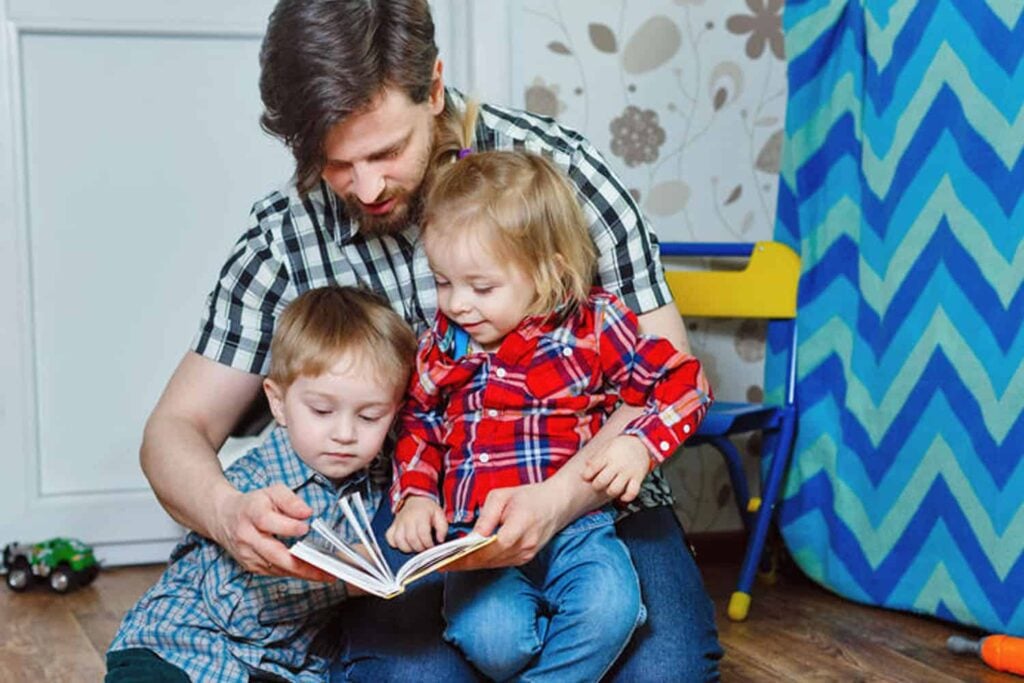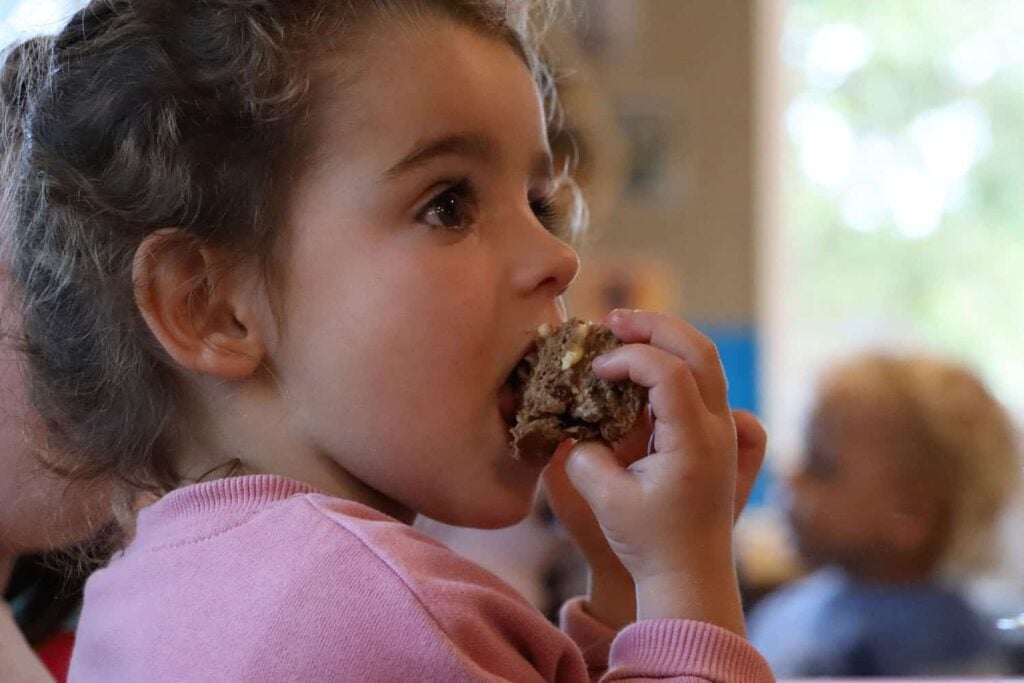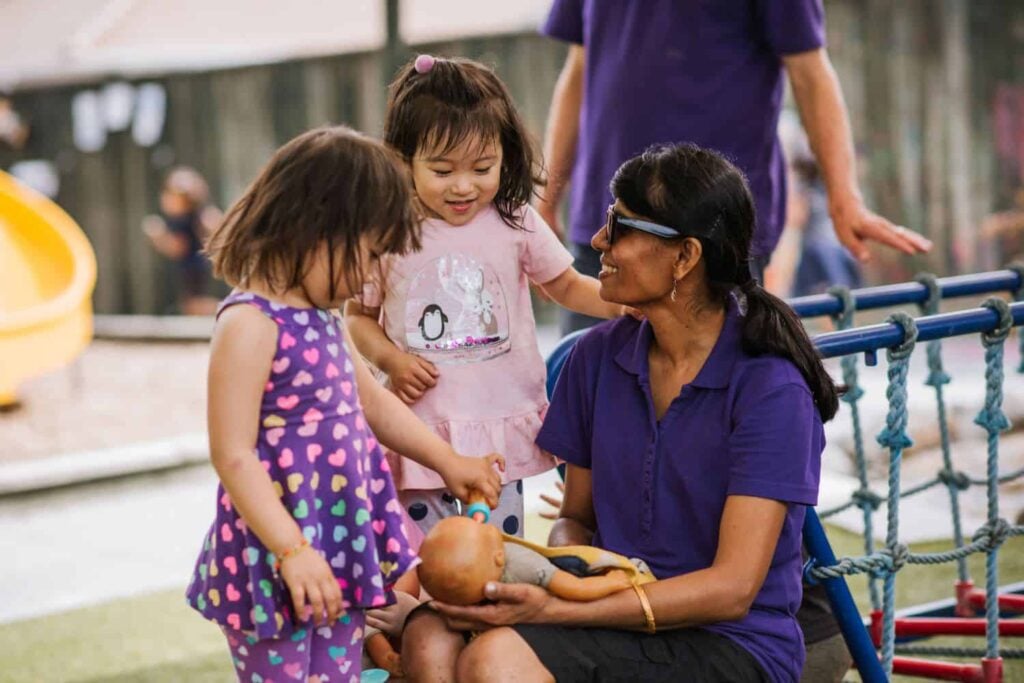Parents as First Teachers Programme in NZ
The Parents as First Teachers Programme was an established parent education and support service. The programme catered for children in the first three years of their learning and development.
At the time these reports were commissioned, PAFT was managed by Early Childhood Development (ECD) but was shortly taken over by the Ministry of Education. Then the PAFT programme was shifted to be the responsibility of Ministry of Social Development. In 2016 the government closed the programme.
This 1st of two reports presents the findings of an analysis of a Family Exit Survey completed by 400 families. The overall conclusion of the report is that according to families, participation in PAFT benefits families. The benefits included:
- Strengthening parenting skills,
- Encouraging parents to take greater responsibility for their child’s education, and
- Accessing community, health, and early childhood education services.
At the time that the families in this study enrolled in the Parents as First Teachers Programme was available to any family who wished to enrol in it. This subsequently changed due to greater targeting of families within communities to ensure equity of access, especially of Maori, Pacific Island, single parent, teen-parent, and low-income families.
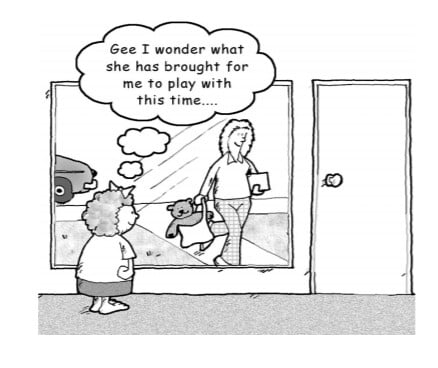
As PAFT holds clear benefits for families, irrespective of their background characteristics, the issue of universal access should be considered. It is also important because the families in this study were concerned about the issue and commented (without prompting) on the current perceived less-than-positive environment of funding cutbacks and limiting access by families with children not considered to be “at-risk”.
The success of PAFT for families was in the following key aspects:
- The parent educator – who is the “face” of PAFT and must have rapport with the family.
- The place of delivery – mainly in the home, which parents preferred with flexibility to meet at other venues (99% were comfortable with this method of delivery).
- The PAFT Ahuru Mowai and Born to Learn curriculum – providing up-to-date material and information, and encouraging parents with knowledge to be their child’s first educator. For example, the written materials were useful for 88 percent of families; the ideas on play activities, books and toys were extremely or very suitable for 98 percent of families.
- The strengths-based philosophy – concentrating on what is going right and building on that rather than what is wrong in parenting. Focusing on prevention and support, not intervention and blame. For example, 47.5 percent of parents spontaneously mentioned that they had become more relaxed and confident in themselves and as parents.
- The holistic approach – working with parents/caregivers, children, and other family members, providing parent education while taking an interest in parent and child issues and problems. This includes, for example, identifying children’s developmental needs and delays; explaining and role modelling alternatives to physical punishment; supporting mothers with post-natal depression; helping families through changes and crises such as the birth of a new baby or a death in the family.
- Support of family and cultural diversity – in beliefs, values and practices: 93.5 percent of families reported that cultural differences were supported or were never an issue. Families commented favourably on the interest shown by parent educators in their personal values on different issues, for example, about organic food and shared-bed parenting.
- Providing links with the community through information and referrals to health, community and early childhood education services, for example, by age three 90 percent of PAFT children had attended an early childhood education service such as childcare or playcentre, and 51 percent of families had enrolled at a state kindergarten.
In summary, the survey evidence points to a strong demand for PAFT by families and very high levels of satisfaction with the service. It also identifies outcomes for families that they consider important. These outcomes could have longer-term benefits for society. Through providing a continuity of parent education and support for families during their child’s first three years and focusing on the family in context, PAFT is a unique early childhood education service that complements existing centre-based services. This report has identified issues for PAFT that have an impact on policy and these were further investigated in a second report.
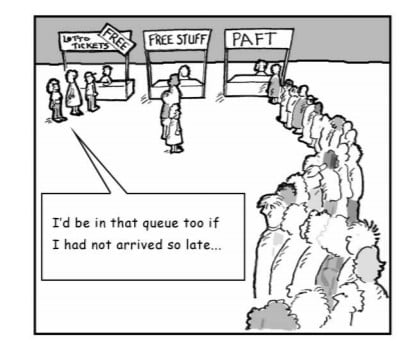
The second report – this is a descriptive report which focused on:
- family participation in the programme,
- family satisfaction and comfort with the programme, and
- outcomes of the programme from the perspectives of parents and providers.
The study was designed to provide a “portrait” or description of PAFT – what the programme is, how it functions for families and its impact – to help to inform policy analysis and decision-making. This report also includes a brief overview of PAFT’s past and current operation.
A multiple methods approach was taken. Quantitative and qualitative data was drawn from a range of sources: families at two programme sites (interviews), families who had completed any programme (surveys), parent educators and programme coordinators at four programmes (interviews), and a small number of community professionals (interviews).
Relevant programme management documentation was also examined, namely: accountability reports by programme providers submitted to Early Childhood Development and the ECDU’s own progress reports to the Ministry of Education.
For a copy of the report click on the file below.



